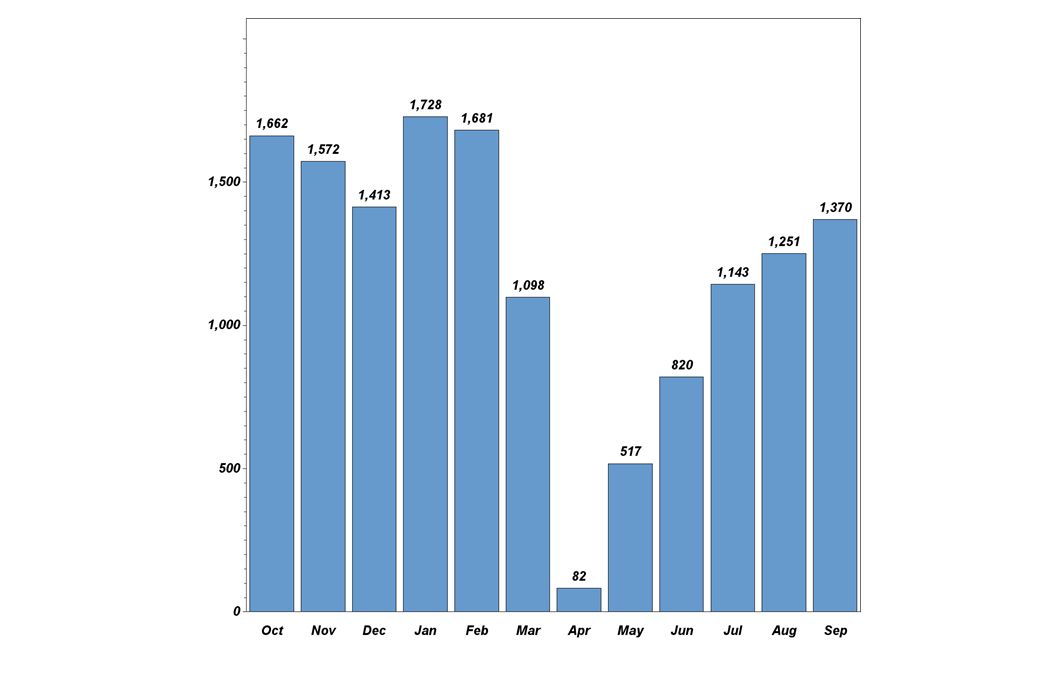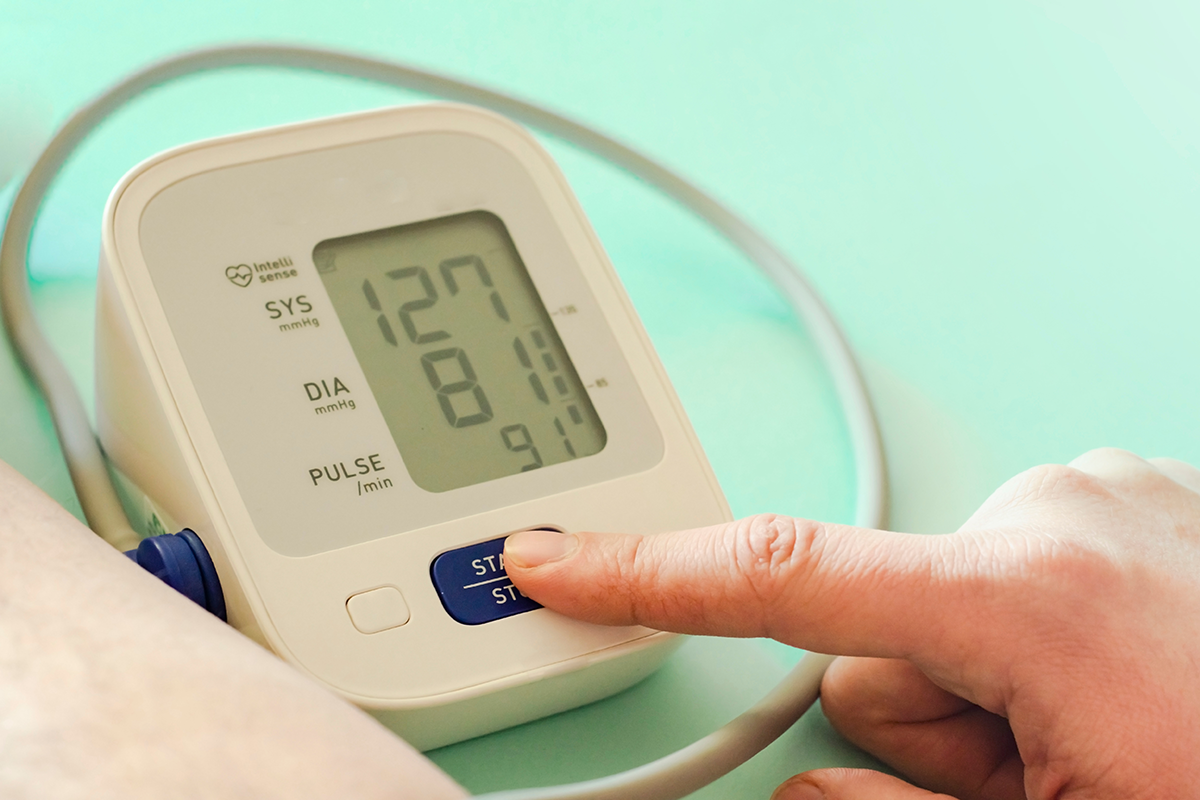
News in Brief, October 2020
October 19, 2020
TMIST Breast Cancer Screening Trial Rebounds from COVID-19 Shutdown of Cancer Screenings
October 19, 2020Now Enrolling: EAQ191 / CARISMA for management of hypertension in patients with metastatic renal cell or thyroid cancer on anti-angiogenic tyrosine kinase inhibitors

Cancer Therapy Risk-Reduction with Intensive Systolic Blood Pressure Management (CARISMA)-A Phase II Study
Patients with certain cancers, including renal cell and thyroid cancers, often benefit from treatment with anti-angiogenic tyrosine kinase inhibitors (AA-TKIs). AA-TKIs may be used alone, or in combination with immune checkpoint inhibitors, for long-term control of metastatic disease. However, both of these therapies include potential cardiotoxic risk. Over the last decade, AA-TKIs have revolutionized the treatment of several cancers, especially renal cell and thyroid. These two cancers afflict a growing population, with an estimated 600,000 new cases each year in the United States alone. Therefore, attention to the cardiovascular (CV) complications of cancer treatment is of growing importance.
Hypertension, in particular, is common with AA-TKIs – and it is a significant modifiable CV risk factor in cancer patients and survivors. In the SPRINT trial (NCT03094702), published in the New England Journal of Medicine in 2015, researchers demonstrated that systolic blood pressure (SBP) control is beneficial in high CV risk populations. However, since patients with a recent cancer diagnosis were largely excluded from the SPRINT trial, the appropriate SBP for patients with cancer receiving AA-TKIs is unknown.
The objective of EAQ191/CARISMA is to determine the feasibility of an intensive versus standard care approach to SBP control in patients with metastatic renal cell or thyroid cancer-initiating AA-TKI treatment. The intensive approach requires an SBP target of less than 120 mmHg, while the standard care approach entails an SBP target of less than 140 mmHg. The goal of this study is to generate the necessary data to inform a phase III randomized controlled trial of intensive SBP control.
CARISMA has a site-based cluster randomization design, with a target enrollment of 60 patients across four sites (University of Pennsylvania, University of Washington, Aurora Advocate Health, and Montefiore Medical Center). Sites are randomized to either the intervention arm (intensive approach) or the non-intervention arm (standard approach). The primary endpoint is to evaluate differences in automated office SBP over a six-month period and to draw comparisons between the intensive versus the standard care arms.
 This study is led by Bonnie Ky, MD, MSCE (University of Pennsylvania), pictured.
This study is led by Bonnie Ky, MD, MSCE (University of Pennsylvania), pictured.
Learn more about CARISMA at ecog-acrin.org.
![ECOG-ACRIN logo[19516]275×75](https://blog-ecog-acrin.org/wp-content/uploads/2021/03/ECOG-ACRIN-logo19516275x75.png)
